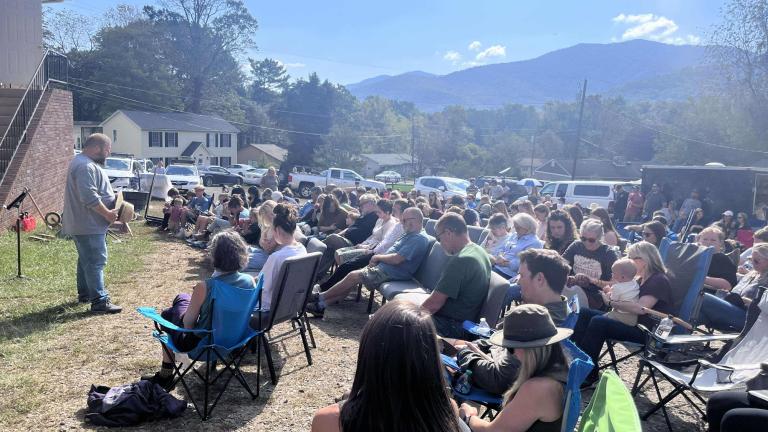You’ve probably heard of the California ballot initiative that aims to repeal AB 32, the state’s landmark greenhouse gas law. It’s called Proposition 23 and it’s backed by millions in Texas oil money.
Well, it’s not just about carbon anymore. Prop 23 just got a whole lot worse for solar and renewables in general.
Here’s why. On the last day of session, the state legislature failed to pass SB 722, a bill that would have raised the state’s renewable energy requirement (RPS) to 33 percent by 2020.
We are left with the current law — 20 percent by 2010 — and Executive Orders from Gov. Arnold Schwarzenegger (R) that raise the requirement to 33 percent … but use AB 32 authority to do so. If Prop 23 passes, there goes AB 32, and there goes Executive Order S-21-09. Thus the 33 percent RPS is at risk.
Oh, and utilities have already signed enough contracts to meet the current 20 percent standard. According to the latest compliance report [PDF] from the California Public Utilities Commission: “Based on the contracts signed to date, the utilities are expected to be at about 18 percent in 2010 and 21 percent in 2011.”
Prop 23 isn’t just about a future cap-and-trade market mechanism. It’s also about a market mechanism that’s already driving renewable development and job growth today. It’s about the 33 percent RPS. Don’t take my word for it. That’s the conclusion of the Legislative Analysts office, too [report, in PDF].
Unless the governor sets up a special session of the legislature to pass a RPS, then Prop 23 represents an immediate, short-term risk to California’s renewable energy markets. A bad prop just got a whole lot worse.



